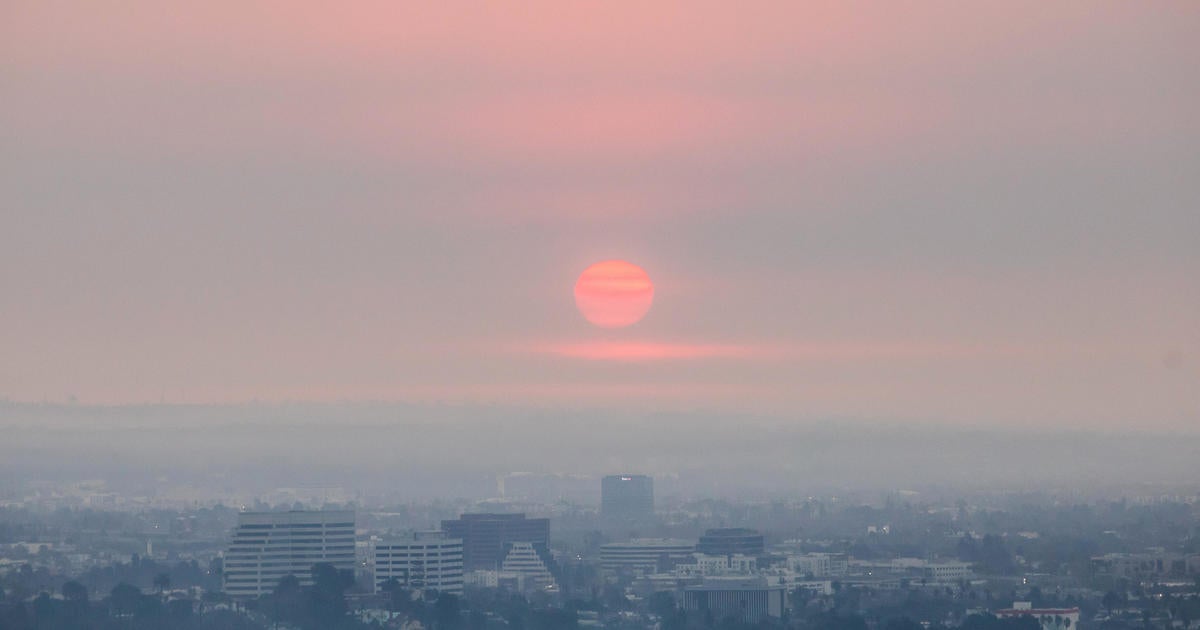Negative
26Serious
Neutral
Optimistic
Positive
- Total News Sources
- 3
- Left
- 3
- Center
- 0
- Right
- 0
- Unrated
- 0
- Last Updated
- 2 hours ago
- Bias Distribution
- 100% Left


Climate Change Increases Wildfire Risk Across Western North America
Thick wildfire smoke is blanketing parts of southern British Columbia, prompting air-quality advisories across the Okanagan as haze from local fires and plumes from eastern Oregon and Washington raises health risks. Climate analyses show rising fuel aridity and other warming-linked metrics are increasing wildfire potential and area burned across western North America, a trend worsened by past land-management practices. A Stanford-linked study cited in Nature projects wildfire-smoke exposure could cause about 70,000 deaths annually by 2050, noting smoke is especially toxic when urban materials burn and disproportionately harms children, older adults and people with lung disease. Researchers and nonprofits are developing guidance and tools for residents, and pilot studies—such as by the Desert Research Institute—are measuring combined indoor effects of heat and smoke with sensors to better understand real-world health impacts. The human consequences of these blazes are also being portrayed in culture and film, notably “The Lost Bus,” a dramatization of the 2018 Camp Fire evacuation that highlights individual survival stories.



- Total News Sources
- 3
- Left
- 3
- Center
- 0
- Right
- 0
- Unrated
- 0
- Last Updated
- 2 hours ago
- Bias Distribution
- 100% Left
Negative
26Serious
Neutral
Optimistic
Positive
Related Topics
Stay in the know
Get the latest news, exclusive insights, and curated content delivered straight to your inbox.

Gift Subscriptions
The perfect gift for understanding
news from all angles.


